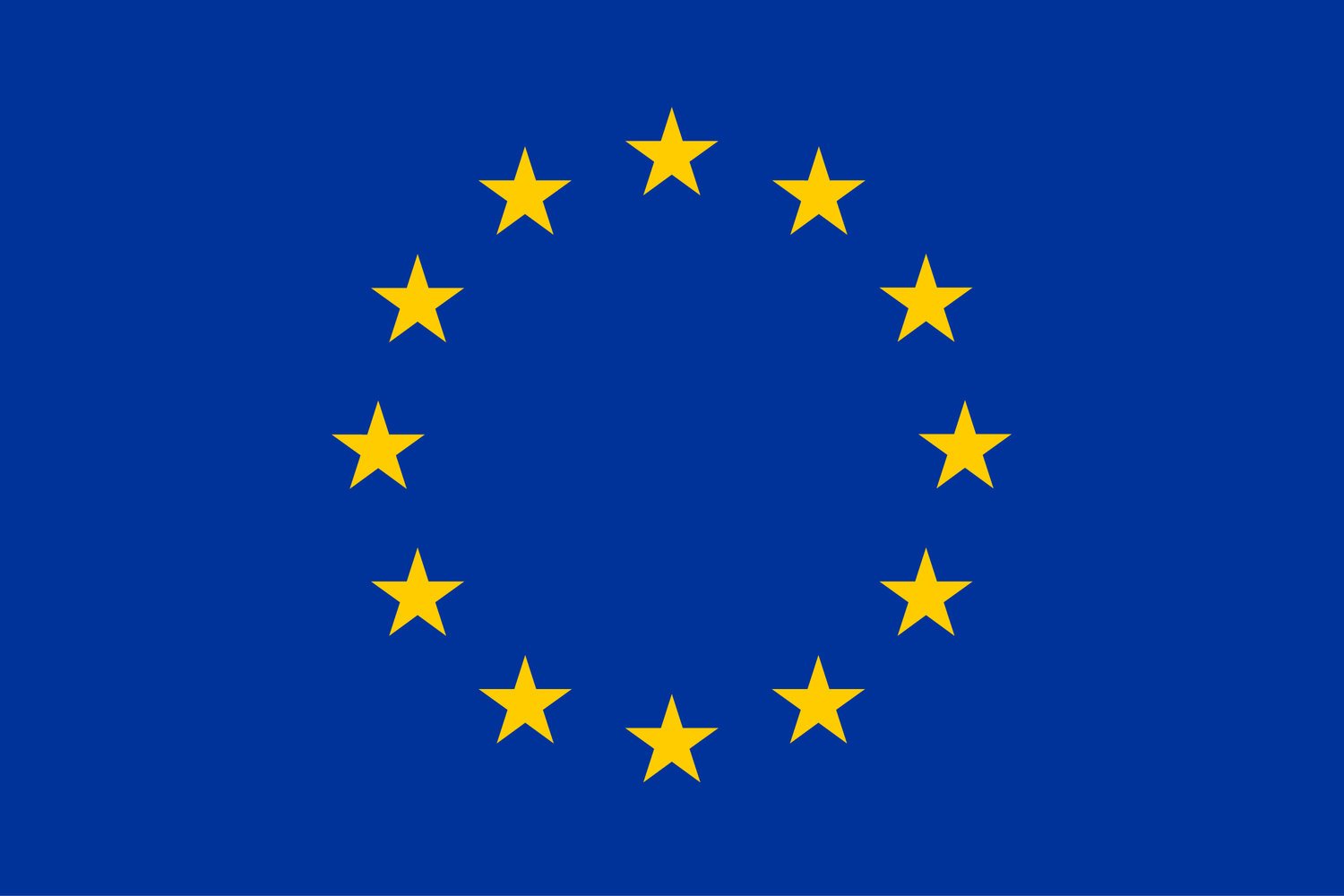CIRCLENERGY
SCALING UP ETL
The CirclEnergy project aims to promote a more sustainable, circular economy by facilitating the execution of CRI’s projects across Europe. In promoting large-scale commercialisation of CRI’s carbon capture and utilisation technology, CirclEnergy addresses key challenges to both integration of renewable power into the European power network and energy transition of mobility.
The inherently intermittent nature of solar and wind power regularly causes oversupply of energy when the wind blows hard and the sun shines bright. Unable to access power transmission networks, power generators are forced to reduce the production of output significantly which leads to important resources going untapped or underutilised. CRI’s Emissions-to Liquids (ETL) technology can be applied to transform surplus power in a load-following manner into a liquid fuel and chemical feedstock which can be stored for short or long periods and transported using existing infrastructure. In such applications, the liquid methanol essentially acts as a battery for the storage of renewable electricity. Applying the ETL technology for energy storage significantly increases output and value creation in renewable energy generation from fluctuating sources while simultaneously bringing to market carbon neutral methanol with diverse downstream applications.
Successful implementation of existing international treaties will inevitably lead to reduction of CO₂ intensity of transport and industry with the adoption of renewable energy sources in lieu of fossil fuels. The Emission-to-Liquids platform enables integration more electricity in various modes of transport that are ‘hard to electrify’, including long range travel, heavy goods transport, marine transport and aviation. As carbon neutral fuel, renewable methanol has potential to eliminate toxic air pollution, such as nitrous oxides and sulphur compounds as well as particulate matter
Key facts
1.8 Million EUR EU Horizon 2020 grant
ETL commercialisation
Renewable power integration
Energy storage & efficiency enhancement
Renewable transport fuel production
Circular supply chain
This project has received funding from the Fuel Cells and Hydrogen₂ Joint Undertaking under grant agreement (number 779486). This Joint Undertaking receives support from the European Union's Horizon 2020 research and innovation programme, Hydrogen Europe and Hydrogen Europe research



